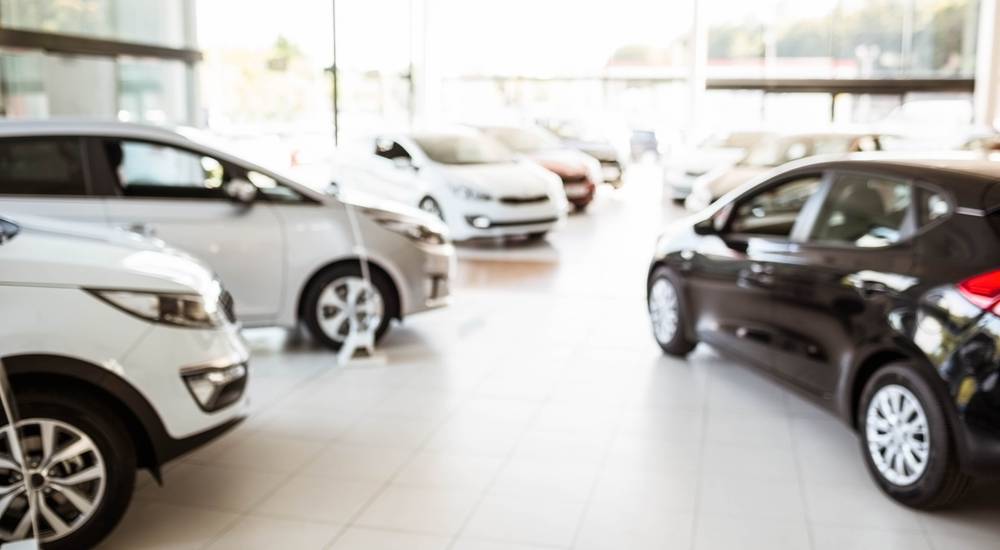
If you are VAT registered and use a car for business purposes, there are numerous VAT implications which you need to be aware of. HMRC routinely check the VAT treatment of cars when carrying out a VAT inspection.
VAT when buying a car
You cannot usually recover the VAT on the purchase of a car. VAT is, however, recoverable on a commercial vehicle. It is, therefore, important to establish whether the vehicle you are buying is, in fact, a car.
What is a ‘car’ for VAT purposes?
For VAT purposes, HMRC define a car as any motor vehicle of a kind normally used on public roads which has 3 or more wheels and meets either of the following criteria.
- It is constructed or adapted mainly for carrying passengers
- It has roofed accommodation to the rear of driver’s seat that is fitted with side windows or that’s constructed or adapted for the fitting of side windows.
What is NOT considered a car for VAT purposes?
Some vehicles may seem like cars, but from a VAT perspective are not. This can be confusing, so it is important to pay attention to the specific details provided by HMRC. Vehicles that are not considered cars include the following:
- Vehicles capable of accommodating only one person or suitable for carrying 12 or more people including the driver
- Caravans, ambulances, and prison vans
- Vehicles of not less than 3 tonnes unladen weight
- Special purpose vehicles, such as ice cream vans, mobile shops, hearses, bullion vans, and breakdown and recovery vehicles
- Vehicles with a payload of one tonne or more
Reclaiming VAT on cars
Having established that the vehicle being purchased is a car, you should consider whether the use of the car enables VAT to be reclaimed. If you buy or import an excepted car, you may recover VAT in full.
A car is an excepted car if it:
- is stock in trade of a motor manufacturer or dealer
- is intended to be used primarily as a taxi, driving instruction car, or self-drive hire car
- will be used exclusively for the purposes of your business and would not be made available for the private use of anyone e.g. a pool car kept at business premises
VAT when leasing a car
If you cannot reclaim the VAT on the purchase of a car, you may consider leasing a car. If you lease a car for business purposes, you will normally be able to recover 50% of the VAT charged. The 50% block on VAT recovery is to cover private use of the car. The block applies to all the VAT on charges you will pay for the rental of the car under the terms of the leasing agreement. This includes:
- optional services — unless they are supplied and identified separately from the leasing supply on the tax invoice.
- excess mileage charge — if it forms part of the lease but not if it was an excess mileage charge that forms part of a separate supply of maintenance.
VAT and car hire
If a car is hired simply to replace an off-the-road company car, the 50% block applies in the same way it applies to a leased car. However, HMRC accepts that in other cases the 50% block does not apply to car hire.
For example, if your business does not have a car available, you can hire a car to use specifically for the business for a period of up to 10 days and reclaim the VAT without applying the 50% block.
VAT when selling a car
If you sell a car on which you recovered VAT, for example, a driving school car or a pool car, then you must account for VAT on the full selling price.
If you sell a car on which you were charged VAT but could not reclaim it, you are not required to charge VAT on the sale. The sale of the car is exempt from VAT and any VAT incurred on the cost of selling the car, for example, auction fees, cannot be reclaimed (subject to the partial exemption de minimis rules).
If you sell a car on which you were not charged VAT when you bought it (perhaps because it was second-hand from a private individual or from a dealer who sold it under the VAT second-hand margin scheme), you do not need to account for VAT on the full selling price if you sell it under the VAT margin scheme.
Under the margin scheme, you only account for VAT on the difference between your purchase price and your selling price. You do not show any VAT on your sales invoice.

Lynne Gill
My area of expertise is land and property transactions but I have extensive knowledge of both domestic and international VAT and I love complex VAT queries. I have an Honours degree in Business Studies and a VAT legal and technical qualification from the Institute of Indirect Taxation.
View my articlesTags: VAT
